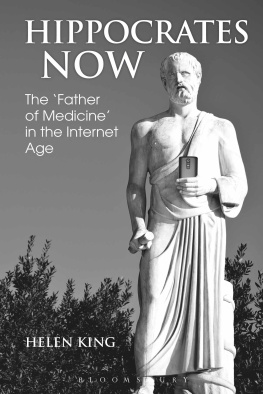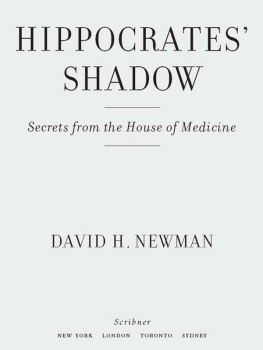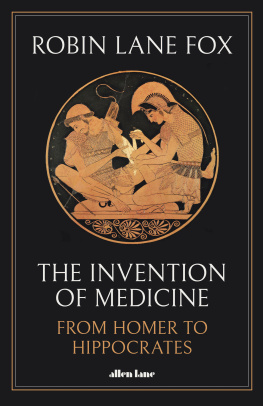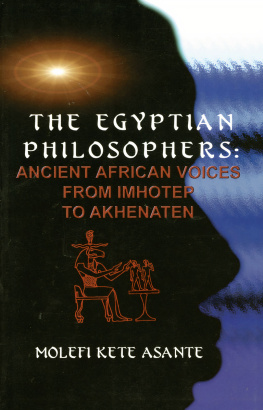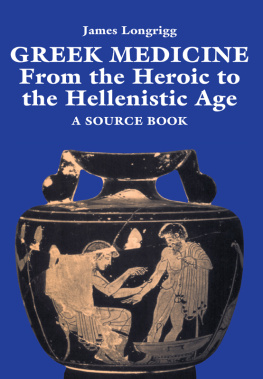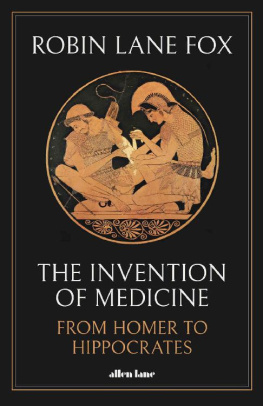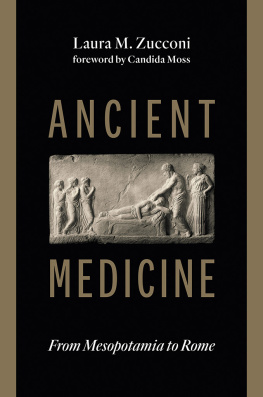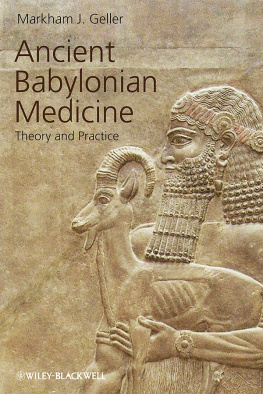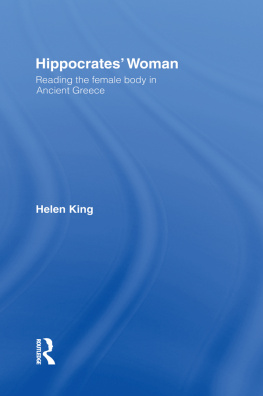
Hippocrates Now
Bloomsbury Studies in Classical Reception
Bloomsbury Studies in Classical Reception presents scholarly monographs offering new and innovative research and debate to students and scholars in the reception of Classical Studies. Each volume will explore the appropriation, reconceptualization and recontextualization of various aspects of the Graeco-Roman world and its culture, looking at the impact of the ancient world on modernity. Research will also cover reception within antiquity, the theory and practice of translation, and reception theory.
Also available in the Series:
Ancient Magic and the Supernatural in the Modern Visual and Performing Arts, edited by Filippo Carl & Irene Berti
Ancient Greek Myth in World Fiction since 1989, edited by Justine McConnell & Edith Hall
Antipodean Antiquities, edited by Marguerite Johnson
Classics in Extremis, edited by Edmund Richardson
Frankenstein and its Classics, edited by Jesse Weiner, Benjamin Eldon Stevens & Brett M. Rogers
Greek and Roman Classics in the British Struggle for Social Reform, edited by Henry Stead & Edith Hall
Homers Iliad and the Trojan War: Dialogues on Tradition, Jan Haywood & Naose Mac Sweeney
Imagining Xerxes, Emma Bridges
Julius Caesars Self-Created Image and Its Dramatic Afterlife, Miryana Dimitrova
Once and Future Antiquities in Science Fiction and Fantasy, edited by Brett M. Rogers & Benjamin Eldon Stevens
Ovids Myth of Pygmalion on Screen, Paula James
Reading Poetry, Writing Genre, edited by Silvio Br & Emily Hauser
The Codex Fori Mussolini, Han Lamers and Bettina Reitz-Joosse
The Classics in Modernist Translation, edited by Miranda Hickman and Lynn Kozak
The Gentle, Jealous God, Simon Perris
Victorian Classical Burlesques, Laura Monrs-Gaspar
Victorian Epic Burlesques, Rachel Bryant Davies
Also published by Bloomsbury:
Greek and Roman Medicine, Helen King
Greek Medicine from the Heroic to the Hellenistic Age, James Longrigg
A Cultural History of Medicine in Antiquity, edited by Laurence Totelin

Contents
This book had its genesis in the conference organized by David Cantor at the College of Physicians of Philadelphia, which led to the publication of his edited collection of essays, Reinventing Hippocrates, in 2002. Having written for that collection a piece on the Renaissance Hippocrates, I continued to think about how the reception of this ancient figure is continuing to shift even now. Ten years after that book was published, the development of my project, Hippocrates Electric, was supported by The Open University. Thanks to their generosity, Dr Joanna Brown was funded to help me scope the field, and I owe an enormous debt, particularly in Chapters 5 and 7, to her research and writing. Due to the pressures of the day job, the project then stalled until after my retirement in 2017, but writing the sections on How do we know what we know? for The Open Universitys MA in Classical Studies made me think more deeply about how the internet has and has not changed the ways in which we do research and find information. As ever, questions and ideas from students have been important in thinking about the questions I am addressing here, and I would particularly like to thank all who have taken the FutureLearn MOOC I put together on Health and Wellbeing in the Ancient World; for many of them, returning to education after many years away, the development of their internet literacy has been an important journey.
I would also like to record my thanks to those who generously helped me with specific queries on the material I am using here: they include Jacqueline Fabre-Serris, Mary Hague-Yearl (Director of the McGill Oslerian Library), Michael H. Malloy (John P. McGovern Chair in Oslerian Education) and Bahia Dawatly (Leverhulme Trust). In addition, the audiences to whom I have presented sections of this and the wider project have helped me think through the issues in different ways. Among these, I would particularly like to thank participants in the conferences on The Forgotten Other and Ancient Holisms at Kings College London; those at my 2018 lecture to the Dutch Ancient Medicine Society, University of Utrecht, especially Aiste Celkyte and Anton van Hooff; and those at my 2019 Whitehead Annual Lecture in Manchester. Staff and students at Gustavus Adolphus College, MN, where I was a Rydell Visiting Professor in 201718, also shared my enthusiasm for the project, and I would like to record my thanks to Yurie Hong for the invitation. Laurence Totelin and Rebecca Flemming stimulated me to write an account of the events I describe in Chapter 3 while, towards the end of the writing process, a conversation with Alan Levinovitz helped me see the wood rather than the trees.
| BHM | Bulletin of the History of Medicine |
| BMJ | British Medical Journal |
| CMG | Corpus Medicorum Graecorum |
| DJR | Lesley Dean-Jones and Ralph Rosen (eds), Ancient Concepts of the Hippocratic. Papers Presented at the XIIIth International Hippocrates Colloquium, Austin, Texas, August 2008, Studies in Ancient Medicine 46, Leiden and Boston: Brill, 2015. |
| HHI | Hippocrates Health Institute |
| JHM | Journal of the History of Medicine and Allied Sciences |
| K | Carl Gottlob Khn, Claudii Galeni opera omnia, 20 vols (Leipzig: Knobloch, 182133) |
| LFBTM | Let Food Be Thy Medicine |
| Littr | Emile Littr, Oeuvres compltes dHippocrate, 10 vols (Paris: Baillire, 183961) |
| Loeb | Loeb Classical Library (Cambridge, MA: Harvard University Press and London: Heinemann) |
| OUP | Oxford University Press |
| SDA | Seventh Day Adventist |
| WLGR | Womens Lives in Greece and Rome |
Hippocrates role in medicine remains exceptional; as Julius
Putting the Hippocratic Oath up in ones consulting room remains a way to let your patients know your role as a healer, in the words of the
When I taught at the University of Reading, we offered a third-year classical
But are there any limits on this movement? As a scholar of reception, I know that the professional and the lay reader of a text will read for different purposes and have different insights.
In many ways, Hippocrates now is reminiscent of
The work of StillWaters1 includes a 2010 story called A Hippocratic Proof. The story is consistent not only with the ways in which the characters speak but also with their personalities.
While fan fiction can be judged by other fans in terms of how far a writer has succeeded in remaining true to [the] voices and actions of the fictional characters, this is more difficult for Hippocrates. My intention in this book is to explore further the visions and uses to which shall also examine some of the current areas of popular culture from which people learn about Hippocrates.
Stories matter. A reviewer of a nineteenth-century work on Hippocrates noted that The severity of historical investigation, affords some degree of mortification to the lovers of agreeable anecdotes. While there has always been an industry in telling stories about Hippocrates, I will investigate the extent to which the versions of Hippocrates that now surround us are specific to our age and its concerns. How do they help us to understand the uses of knowledge, specifically the uses of ancient Greek medicine, in the twenty-first century?
Next page
